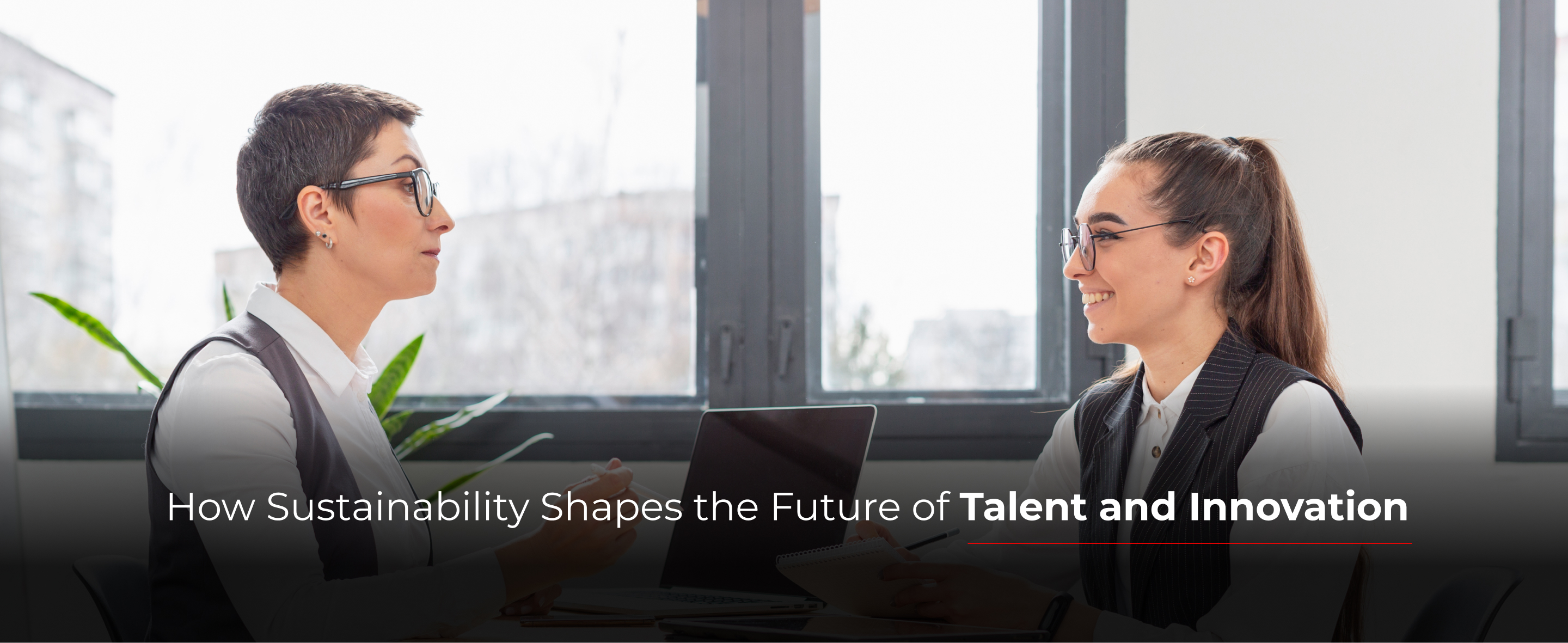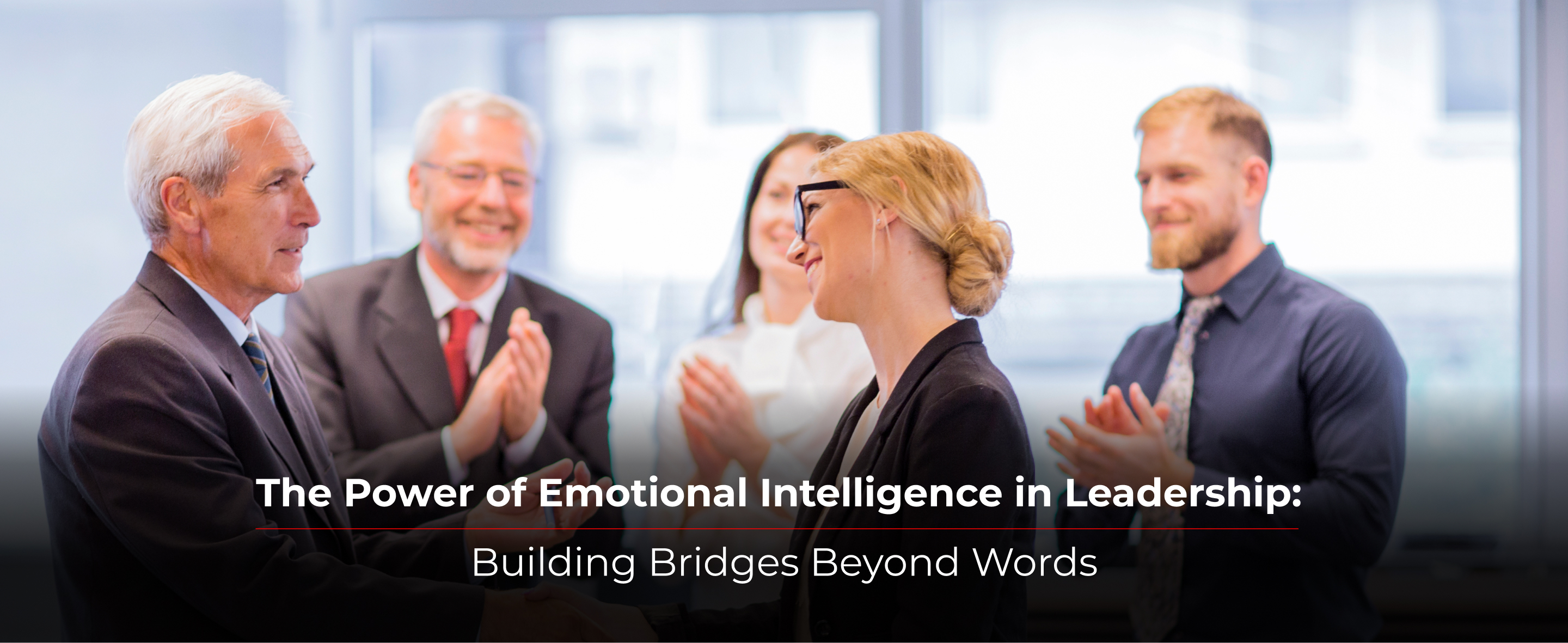
In today’s rapidly evolving business landscape, sustainability is no longer just a CSR checkbox—it’s a core strategic driver. Companies that embed environmental and social responsibility into their DNA are not only future-proofing their operations but also unlocking two of the most powerful growth levers: top-tier talent and breakthrough innovation.
Let’s explore how sustainability is reshaping the future of the workplace and the innovation economy.
1. The Talent Magnet: Why Sustainability Attracts the Best Minds
Modern professionals—especially Millennials and Gen Z—are deeply values-driven. According to a 2023 Deloitte survey, over 70% of Gen Zs consider a company’s environmental and social impact before accepting a job offer
(Deloitte, 2023).
They’re not just looking for a paycheck; they want purpose.
Sustainable companies signal responsibility, resilience, and relevance. This positioning attracts forward-thinking talent who are passionate about making a difference. It’s no surprise that ESG-focused firms report higher retention rates and more engaged workforces
(PwC, 2023).
✅ Case in Point: Unilever receives more than 1.5 million job applications annually. Its sustainability initiatives, like the Sustainable Living Plan, are among the top reasons cited by applicants.
2. Culture of Innovation: Sustainability Spurs Creative Thinking
Constraints fuel creativity. The pursuit of sustainability—such as reducing waste, conserving energy, or designing circular products—forces businesses to rethink traditional models and innovate at every level.
Companies like Tesla, IKEA, and Interface have turned sustainability challenges into game-changing innovations:
- Tesla revolutionized electric mobility.
- IKEA’s flat-pack packaging reduced emissions and logistics costs.
- Interface developed carbon-negative carpet tiles using recycled materials.
These examples aren’t outliers—they reflect a deeper truth: sustainable thinking fosters disruptive innovation
(ESG Today, 2023).
3. Cross-Functional Collaboration and Systems Thinking
Sustainability problems are complex and interconnected—requiring input from across departments: R&D, supply chain, marketing, HR, and finance. This breaks down silos and builds a culture of systems thinking, where innovation isn’t owned by a single team but woven into the organization’s fabric.
Such collaboration encourages agile experimentation, shared accountability, and a long-term mindset—traits that define innovative companies.
4. Brand Differentiation in a Conscious Market
Today’s consumers are increasingly conscious. They want to buy from brands that align with their values—and they’re willing to pay a premium for it. In fact, IBM research shows that 57% of consumers are willing to change their purchasing habits to reduce environmental impact
(IBM Institute for Business Value, 2022).
A sustainability-driven brand not only earns customer loyalty but also creates a strong employer brand. When innovation and values align, the result is a powerful market and workplace advantage.
5. Sustainability as a Strategic Innovation Lens
Forward-looking companies are beginning to use sustainability as a lens for strategic innovation—not just in product design, but in business models, partnerships, and operations. Whether it’s moving toward renewable energy, launching zero-waste initiatives, or enabling product-as-a-service models, these innovations improve both impact and ROI.
🧠 Insight: According to McKinsey, companies with high ESG scores outperform their peers in terms of innovation and long-term value creation
(McKinsey & Company, 2020).
Conclusion: Sustainability Isn’t a Trend—It’s the Future of Work and Innovation
Organizations that see sustainability as a burden will always play catch-up. But those that view it as an opportunity are already attracting world-class talent, unlocking cross-disciplinary innovation, and building brands that endure.
In a world defined by climate urgency and social accountability, sustainability is no longer a choice—it’s the strategy that will shape the future of business, work, and society.
Frequently Asked Questions (FAQs)
- Why is sustainability important for attracting top talent?
- Modern employees, especially Millennials and Gen Z, prefer working for companies that align with their personal values. Sustainability signals purpose, responsibility, and long-term thinking—qualities that attract value-driven professionals.
- How does sustainability drive innovation in business?
- Sustainability introduces creative constraints—like reducing emissions or redesigning products for circular use. These challenges encourage businesses to rethink systems, materials, and models, sparking breakthrough innovations.
- What industries benefit most from sustainable innovation?
- While all sectors benefit, industries like energy, automotive, consumer goods, construction, and technology are leading with sustainable innovations in product design, supply chains, and circular business models.
- How does a sustainability focus improve employee retention?
- Employees are more loyal to companies they feel proud of. When a business leads with sustainability, it fosters deeper engagement, meaning, and long-term commitment among its workforce.
- Can sustainability really impact business performance?
- Yes. Studies by McKinsey and IBM show that companies with strong ESG performance outperform peers in innovation, talent retention, and financial metrics over the long term.
View Jobs –https://www.shrofile.com/jobs.php





